Climate
-
 Earth
EarthExplainer: Where fossil fuels come from
Despite one oil company famously using an Apatosaurus as its logo, oil, gas and coal don’t come from dinosaurs. They do, however, come from a long time ago.
-
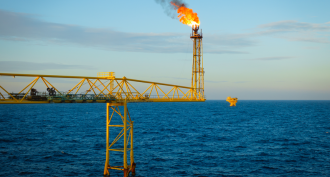 Earth
EarthExplainer: CO2 and other greenhouse gases
Carbon dioxide is just one of several chemicals that contribute to the greenhouse effect. Nitrous oxide, methane and CFCs are other big contributors.
-
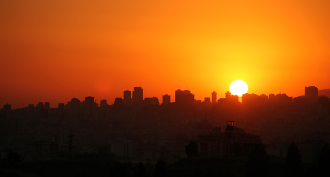 Climate
ClimateAnalyze This: How hot will it get?
Temperatures are rising because of human-caused climate change. But some places will get hot faster than others.
-
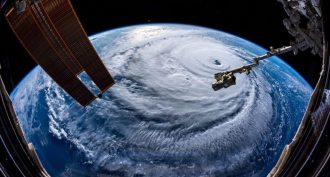 Climate
ClimateClimate change intensified Hurricane Florence, study finds
A new study finds that a warmer climate fattened up Florence. The result: Once it made landfall it would now drop lots more rain and over a broader region.
-
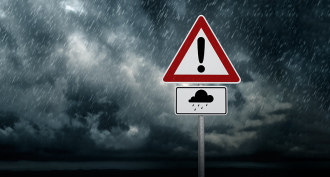 Climate
ClimateHawaii’s record 2018 rains may foretell wetter times ahead
Another rainfall record was set in Hawaii. But how does this stack up to other rain records across the United States?
-
 Climate
ClimateScientists Say: Climate
Climate is the atmospheric conditions that are typical to a general area over a long period of time.
-
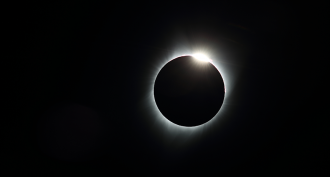 Climate
ClimateWhen the moon throws shade, the weather can change
Scientists have been puzzled about how a solar eclipse can impact weather. Here’s some of what they learned during the August 2017 event.
-
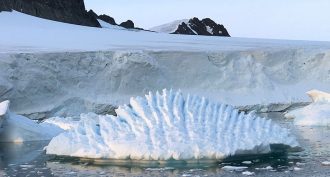 Climate
ClimateAntarctica’s melting speeds up
Antarctica’s ice has been melting faster in the last five years. This has raised the world’s oceans almost 8 millimeters on average.
-
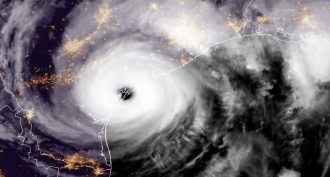 Climate
ClimateTropical cyclones are getting more sluggish
Hurricanes and other storms are traveling more slowly than they used to. That might mean even more rainfall for communities they batter.
-
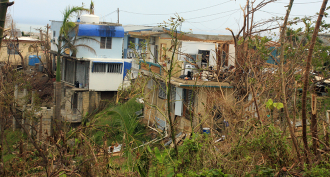 Climate
ClimateHurricane Maria’s Puerto Rican death toll skyrockets 72-fold
The death toll had been just 64 — and then scientists launched household surveys. Those showed the “official” toll was off by more than 4,500.
-
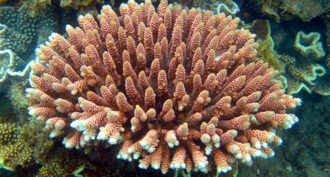 Oceans
OceansOcean heat waves are on the rise — and killing coral
Ocean heat waves are becoming hotter and more frequent. And one can be blamed for the 2016 coral deaths on the Great Barrier Reef.
By Dan Garisto and Carolyn Gramling -
 Climate
ClimateAnalyze This: Climate change could make food less healthy
Levels of important nutrients are lower in crops exposed to high levels of carbon dioxide, a greenhouse gas. How high? Try levels expected to be typical 30 years from now.